Some of our best ideas come to us when we get outside and play.
Such was the case when Steve Larosiliere, a busy marketing executive, was snowboarding in Whistler, British Columbia, in 2004, and found himself thinking of his 17-year-old mentee back in New York.
Realizing many of the kids he worked with back home had never experienced the adrenaline rush of being on top of a mountain or the feeling of putting their feet on a snowboard, he thought, “Wouldn’t it be great if my mentee could come snowboarding with me?”
It became clear the skills needed in action sports — self-reliance, perseverance, drive, dedication — all translate to necessary life skills that urban youth need to better their futures. With that inspiration in mind, Stoked was born.
Developed in partnership with TV host and fellow Haitian Sal Masekela, Stoked is an at-risk youth development and mentorship program designed to build character and leadership skills through action sports, such as skateboarding, snowboarding, and surfing. The organization, which has served 4,000 young people, started in New York, grew to include students in Los Angeles, and expanded to Chicago in 2017.
“Any activity fueled by physical activity, passion, and community — and using your hands to build things — is developing a part of your brain that I believe our society is missing out on right now,” Larosiliere says.
Because of its unique model of connecting professionals from a variety of creative fields with youth through a shared love of action sports, Stoked has become more than a mentoring program. It’s grown to become a design-thinking community of leaders that includes athletes, creatives, and media executives all mobilized around the life-changing ideas that can be sparked when great minds come together. While gaining experience on the slopes, many of the kids have found themselves on the precipice of potential new careers in design, photography, and branding.
“Stoked really attracts a lot of creative people, so this evolved naturally,” Larosiliere says. “Our kids wanted more than just to learn how to snowboard, skate, and surf. They were learning all these new skills and felt like they wanted to do more, and wanted to be more, and be more closely aligned with their mentors’ industries.”
The multimedia opportunities associated with action sports culture, including photography and visual arts, has been integrated into Stoked’s after-school program, which currently works in partnership with 21 schools in three cities. Private donors and sponsors provide free tuition for participants, including equipment and gear for weekend action sports activities, introducing students to all the aspects of action sports culture through project-based learning, career workshops, physical activity, and core value workshops.
Mentors and mentees also design and work on community service projects together throughout the year. Students get to experience everything from designing their own boards to conceptualizing a full branding campaign. A new partnership with Fujifilm will further allow students to gain access to professional photography equipment, photo mentors, and hands-on experience with set design, photo shoots, editing, displaying, and promoting their photos in a professional manner.
Frankie, a 17-year-old from the Belmont Cragin neighborhood of Chicago was part of Stoked’s summer skate program and is now continuing with the after-school program. Having never quite found a group of friends he could relate to, he took a liking to skateboarding over traditional sports. Since being involved with Stoked, he’s found his community, honed his skate skills, and taken an interest in design.
Of course, the skills Frankie and his colleagues have gained go far beyond skate and design. He talked about self-confidence, motivation, and determination in a recent online testimonial, adding: “Everyone at Stoked is so welcoming, encouraging me to try new things, and helping me to accomplish my goals.”
As for Larosiliere, his goal is to keep making the mountains, beaches, and skate parks “more colorful”: “There are so many amazing kids who don’t even know these things exist or who they could be if they were given the chance.”

















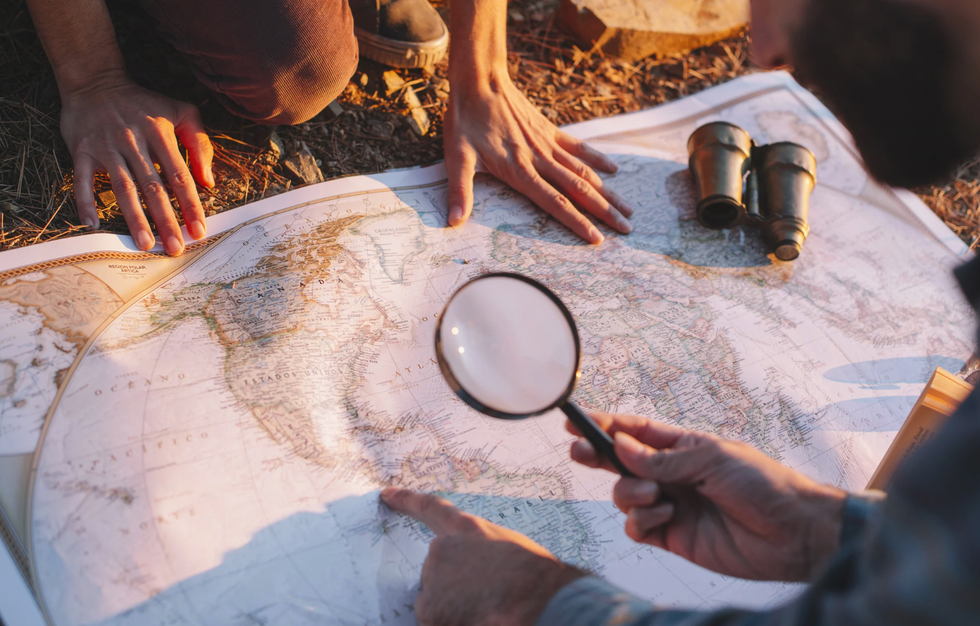 Two people study a mapCanva
Two people study a mapCanva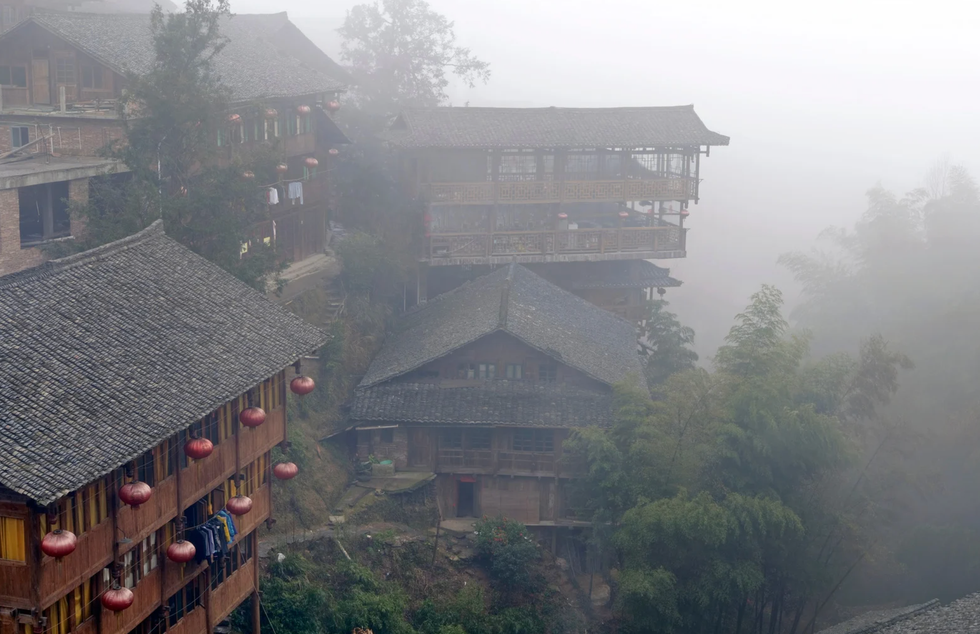 Foggy Chinese villageCanva
Foggy Chinese villageCanva

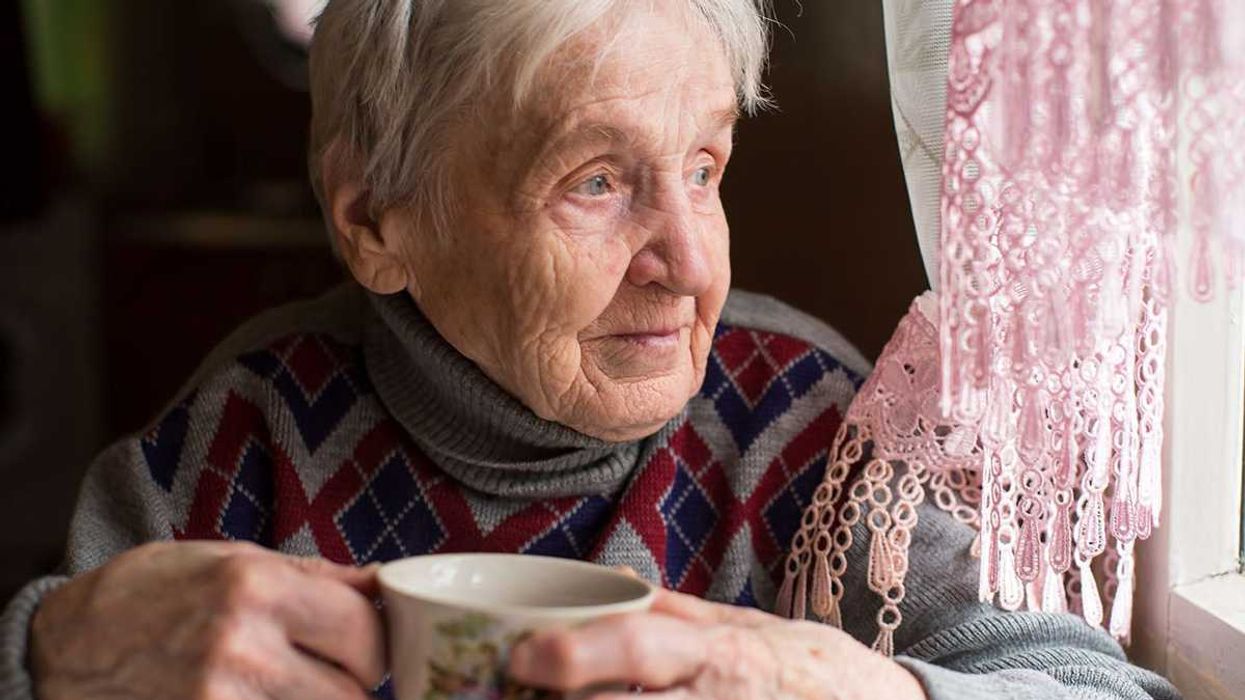 Older woman drinking coffee and looking out the window.Photo credit:
Older woman drinking coffee and looking out the window.Photo credit: 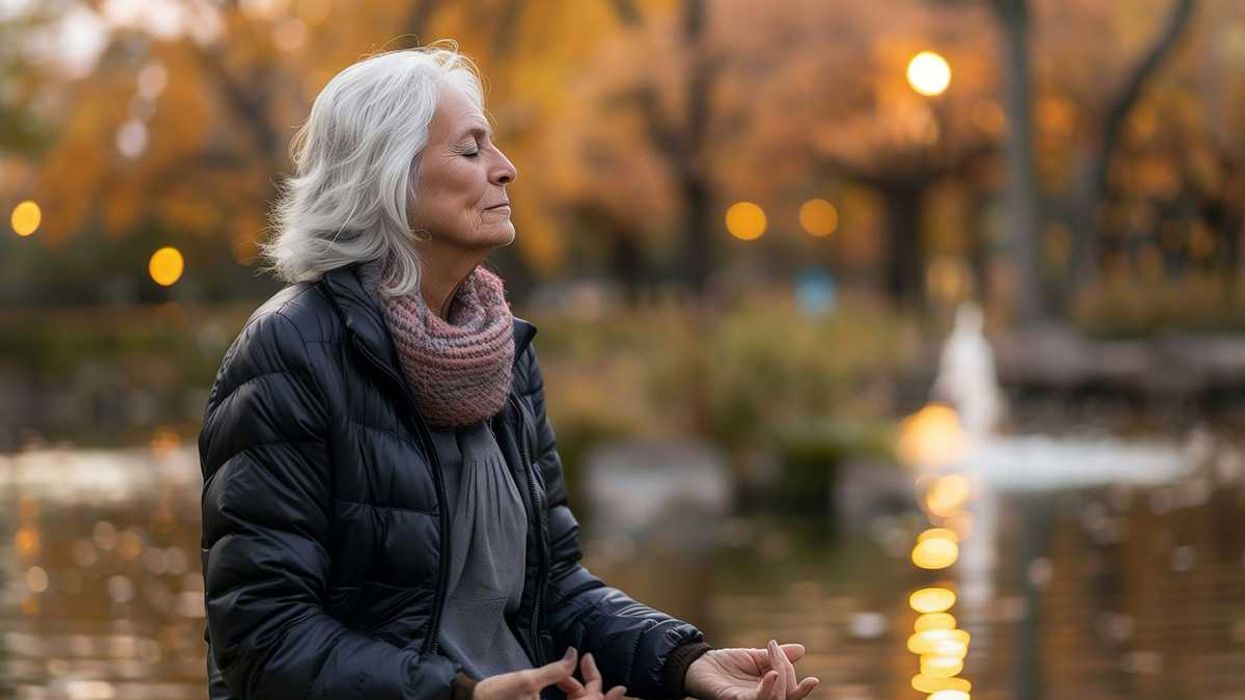 An older woman meditates in a park.Photo credit:
An older woman meditates in a park.Photo credit:  Father and Daughter pose for a family picture.Photo credit:
Father and Daughter pose for a family picture.Photo credit: 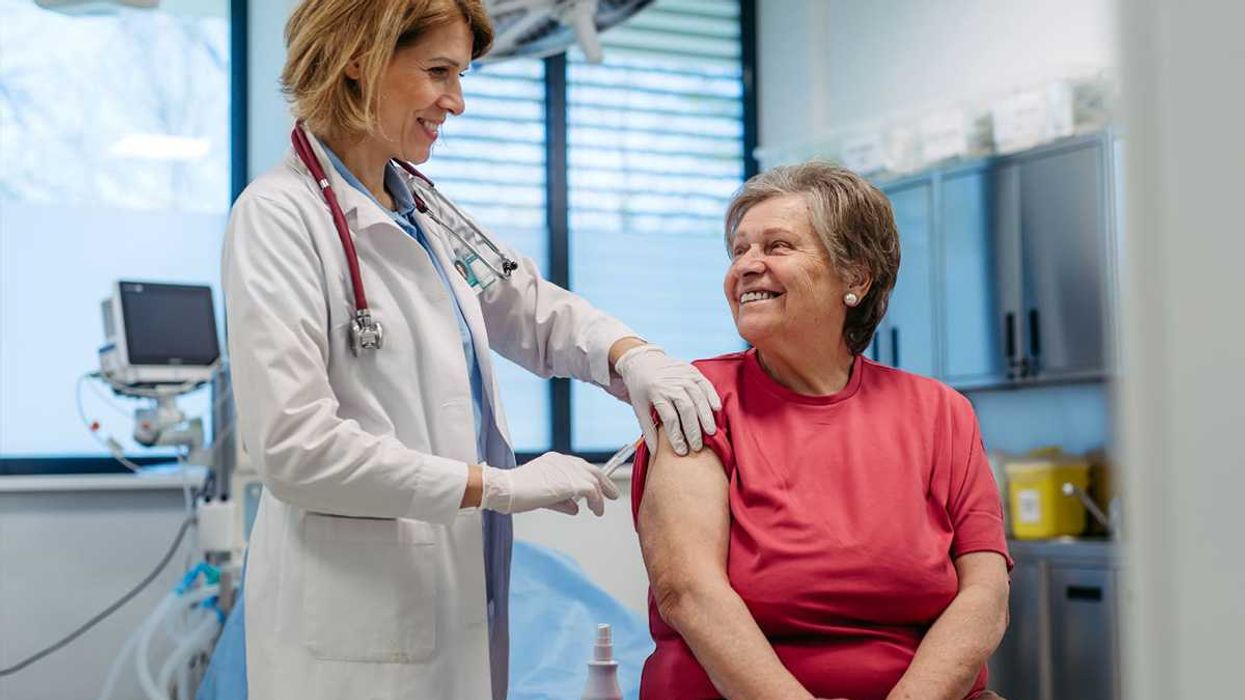 Woman receives a vaccine shot.Photo credit:
Woman receives a vaccine shot.Photo credit: 
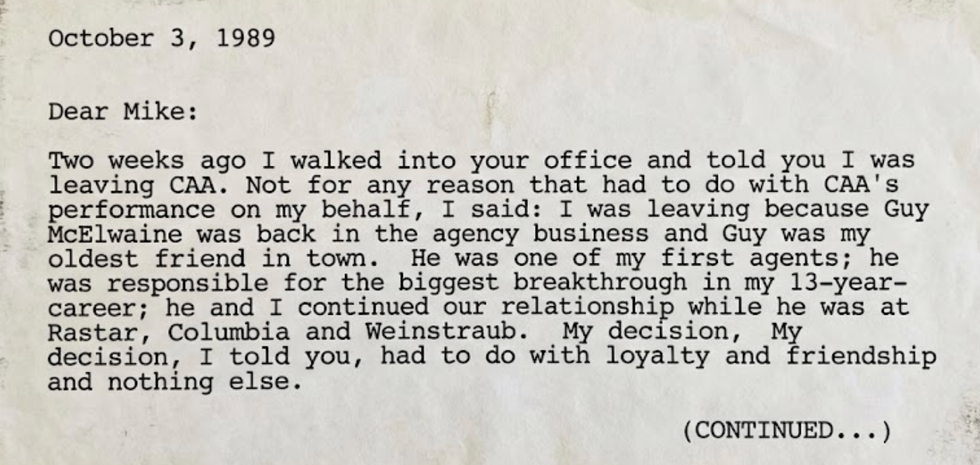 An excerpt of the faxCanva
An excerpt of the faxCanva

 Robert Redford advocating against the demolition of Santa Monica Pier while filming "The Sting" 1973
Robert Redford advocating against the demolition of Santa Monica Pier while filming "The Sting" 1973